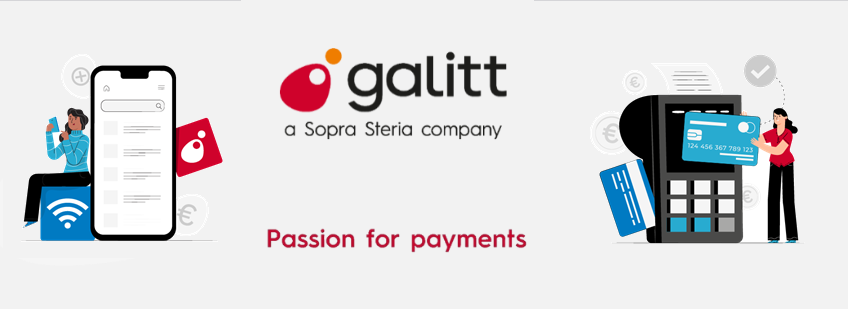Payment insight July 2022

Headlines
Actors’ strategy - Consolidation in times of doubt
- FRANCE – BPCE takes a stake in Swile
- FRANCE – Bridge raises new funds from BPCE
- FRANCE – Qonto ready to buy a German competitor
In the current period, where investments are becoming scarcer, acquisitions are a prime option for young players who have raised funds such as Qonto or Swile, both of which became unicorns in 2021 to continue to grow. We have seen several fintechs take over traditional players, but the alliance between Swile and BPCE with the acquisition of Bimpli, its employee benefits business, remains singular. BPCE is therefore taking a stake in the fintech and will allow it to grow organically, but also to diversify its portfolio of activities. For BPCE, this move is a strong strategic choice to position itself on the Bank-as-a-Service dimension, but also to be able to focus its efforts on other verticals. It has also announced its intention to increase its stake in the fintech company Bridge to develop its activity around payments by transfer via open banking. The bank is showing a strong desire to modernise its channels and this is being done in particular through partnerships. On another note, Qonto, the neo-bank for professionals, is buying out its German competitor Penta and thus accelerating its entry into the German market. This takeover, if validated, will also allow it to integrate the German fintech ecosystem with eFounders and Solaris, which are the current investors of Penta.
Integrated payment - Social networks, a preferred sales channel
- FRANCE – Shopify payments launched in France with PayPal 18
- UNITED STATES – Instagram allows purchases to be made via Direct Messages 20
- INTERNATIONAL – Youtube integrates shopping with Shopify 22
- GERMANY – Deutsche Bank enters the BNPL market 28
While BNPL players have often been cited as an example of the transformation of online commerce and the integration of payments into ever smoother and easier shopping paths for consumers, marketplaces and social networks are not to be outdone, since the social commerce trend is also growing significantly in this part of e-commerce. To take advantage of this trend, players such as Instagram or Youtube are developing integrated shopping paths that make it possible to take advantage of the social dimension of messaging to benefit from the seller's advice or the synchronization between the online shop and a shop's Youtube channel, which makes it possible to make a purchase directly from this channel. These increasingly immersive and at the same time more consumer-friendly shopping journeys meet the practices of young people since, according to a study by Accenture, 64% of social network users surveyed said they had made a purchase via social commerce in 2021. On the other hand, banks, which do not want to let these players take too much market share, are making white label a selling point for their solution by defending an agnostic and non-intrusive positioning with regard to merchants so that the latter retain full control over their customer relations, whatever the channel, as in the case of Deutsche Bank, which offers a white label BNPL solution to its merchant customers based on the technology of the Austrian fintech Credi2.
